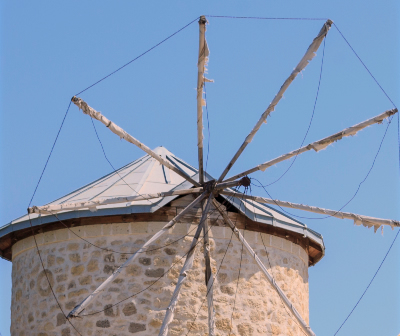history of alacati
ALACATI HISTORY
Alacati History
Alacati’s history can only go up until 1850. At that time, the Grand Vizier ordered that swamp that causing malaria should be dried and brought Greek workers from the islands to do that. These Greek workers develop winemaking in the land given by the Turkish landowners and they did not return.
Grape processing facilities and wine factory are established in Alacati Port, and raisins and wine are exported abroad. Some of those who escaped from the Balkan War in 1914 came to Alaçatı. When these escaped people seen by the Greek people, Greek people left their home and aeverything and gone to Sakiz Adasi with the boats. In 1924, migrants from Thessaloniki came to exchange.
Because these people do not know the agriculture of vineyards in the region, they are engaged in tobacco and animal husbandry; tobaccoism is also a history after 1980s. There is no significant agriculture in Alacati today. However, the gum tree grown in Sakiz Adasi and in Alacati only.

Ancient Period
The name of the district of Cesme comes from this period and as a result of the many fountains owned; this name was given to the district by the sailors. One of the most populated regions in the ancient times is considered to be Ildiri and it is possible to explore the historical ruins here.
Home to Lydia, Pergamon and Persians, Cesme is also among the addresses where the Byzantine and Roman Empire ruled for a long time. Along with the excavations, many historical artifacts belonging to these periods have also surfaced. Cesme has managed to become an important port city in the ancient period, and one of the most important reasons is that it is undoubtedly a safe zone. In this region, port trade has been intensive and it has also managed to attract the attention of many civilizations.
In the period between the 3rd and 14th centuries, the influence of Genoese is seen in this region. Cesme, which also came under the domination of Sir Caka in this process, hosted many civilizations, but the domination of Sir Caka was very short.


